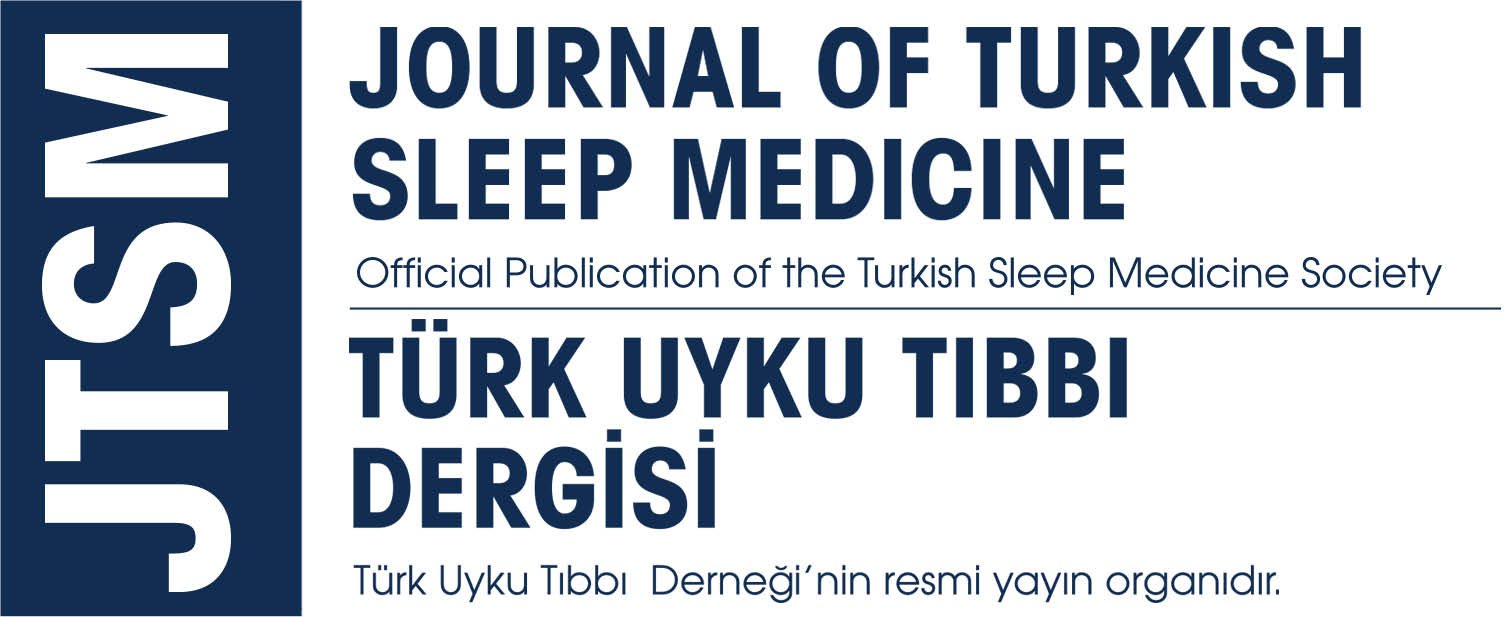ÖZET
Amaç:
Araştırma ilköğretim okullarının ikinci basamağında öğrenim gören çocukların uyku düzeninin iyileştirilmesinde Sağlığı Geliştirme Modeli’ne temellendirilen hemşirelik girişimlerinin uyku düzeni davranışı üzerindeki etkisini değerlendirmek amacıyla planlanmıştır.
Gereç ve Yöntem:
Araştırmanın evrenini 2011-2012 eğitim öğretim yılında Zonguldak İl Merkezi’nde, ilköğretim okullarında öğrenim gören (n=5287) öğrenciler oluşturmuştur. Örneklem grubu öğrenci sayısı evrenin bilindiği, sıklığın bilinmediği durumlarda kullanılan formül doğrultusunda 358 olarak belirlenmiştir. Araştırma ön test, son test, kontrol gruplu deneysel uygulanmış ve uyku düzeni ölçeği uygulanan örneklem grubundan puanı en az olan %25’i oluşturan 84 öğrenci ile gerçekleştirilmiştir.
Bulgular:
Deney grubuna, uyku düzeni davranışını geliştirmeye yönelik Uyku Düzeni Geliştirme Programı uygulanmıştır. Bu program uyguladıktan 3 ay sonraki üçüncü ölçümde deney ve kontrol gruplarındaki öğrencilerin toplam puan ortalamaları arasında istatistiksel olarak ileri düzeyde anlamlı farklılık olduğu saptanmıştır (p<0,002).
Sonuç:
Pender’in Sağlığı Geliştirme Modeli’ne temellendirilerek uygulanan hemşirelik girişiminin uyku düzeninin geliştirilmesinde etkili olduğu belirlenmiştir.



